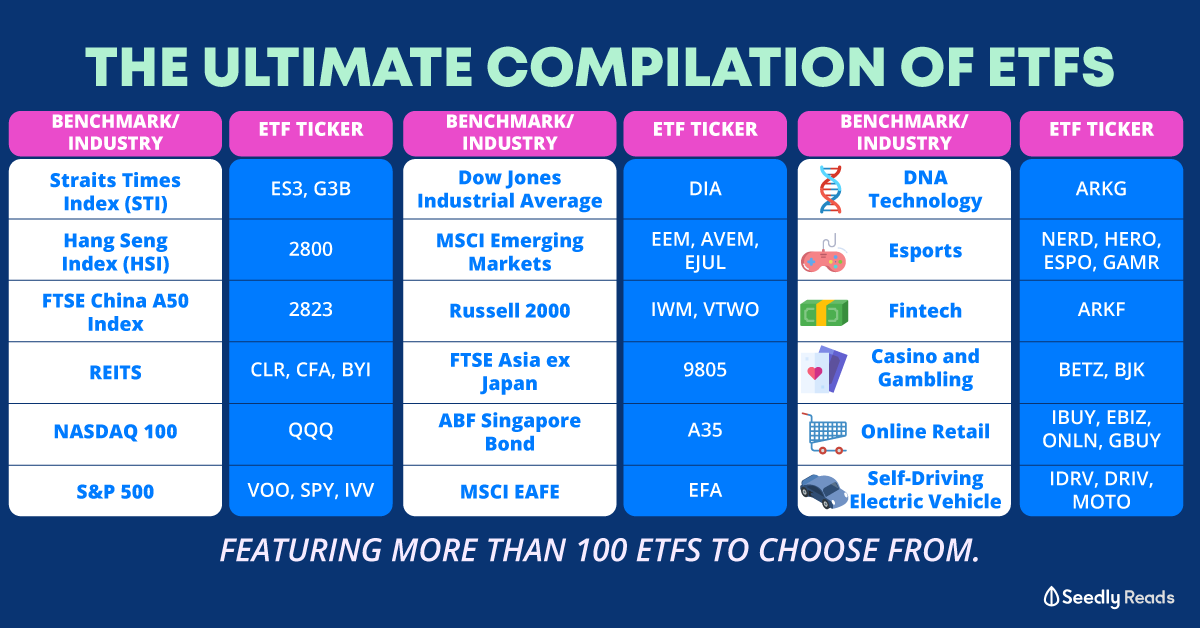Advertisement
Anonymous
What do you mean by passively managed and actively managed ? Does passively managed mean there is no fund manager managing the funds?
I have read about ETFs, tracks and replicates the return on an index. What exactly does it mean by lay man terms ? Would be grateful if there is a example to show based on Singapore context ETFs. Like how does it track and replicate.
11
Discussion (11)
Learn how to style your text
Reply
Save
A simple formula to follow:
Higher activity = higher fees
More layers = higher fees
ETF are passively managed funds = Lowest fees as they track a broad-based index benchmark; Eg, S&P500, STI
Actively Managed = Manager follows investment guidelines of the fund. Eg: Value centric, hedging strategies, sector-specific, technological plays.
There might be tracking errors for the index which do not have high liquidity - you can see such errors in markets where liquidity and regulation give way to tracking errors (China and India).
For a layman, go for passively low-cost index funds till you do your homework on actively managed funds.
Click here to find out more about me!
Reply
Save
An index is a representation of the stock market. It is kind of like a report card of a student. The...
Read 2 other comments with a Seedly account
You will also enjoy exclusive benefits and get access to members only features.
Sign up or login with an email here
Write your thoughts
Related Articles
Related Posts
Related Posts
Advertisement










Yes, thats simple:
-most (but not all) mutual funds (unit trusts) are actively managed: the managing team buys and sells constantly stocks (thus generating 'hidden fees') in an effort to 'beat' the average market = indices (they rarely are longterm successful, contrary to popular belief). I You'd be buying only single stocks you also are a 'stock' picking manager of your funds.
-passive approaches only buy the index components according to market cap (and readjust their holdings 1-4 times a year), so no big research needed = low fees